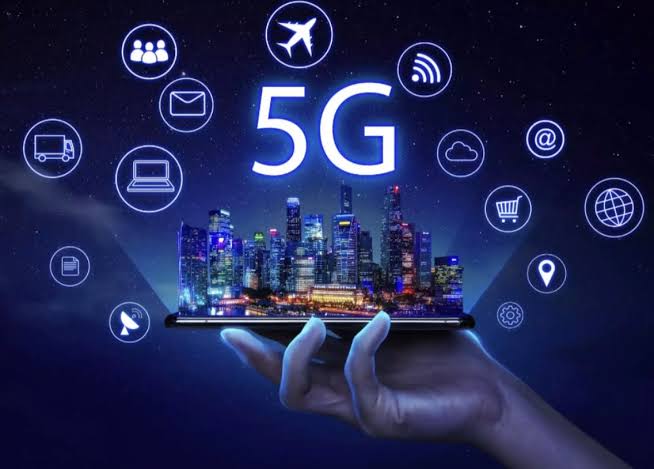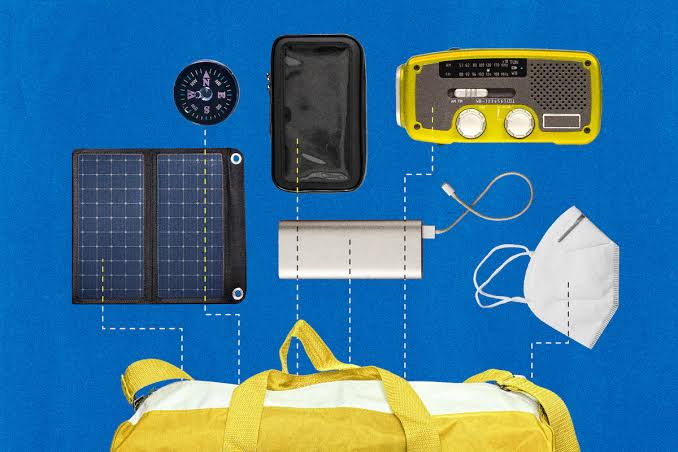The arrival of 5G technology has transformed the mobile industry, redefining how devices connect, communicate, and perform. Unlike previous generations, 5G is not just about faster internet speeds—it represents a fundamental shift in network infrastructure, offering ultra-low latency, higher bandwidth, and increased reliability. By 2025, 5G is widely integrated into mobile devices, driving innovations in performance, connectivity, and user experience.
From enabling seamless video streaming to supporting advanced technologies like augmented reality (AR) and virtual reality (VR), 5G has unlocked a new era of mobile possibilities. Its impact extends beyond entertainment, influencing industries such as healthcare, gaming, education, and business through improved mobile performance and capabilities.
Faster Data Speeds
One of the most noticeable benefits of 5G for mobile devices is the dramatic increase in data transfer speeds. Compared to 4G, 5G networks offer speeds up to 10 times faster, making activities like downloading large files, streaming 4K or 8K videos, and playing online games smooth and lag-free.
For professionals, this speed revolutionizes workflows, allowing for real-time data sharing, faster cloud access, and improved mobile productivity. This enhancement in speed has set a new benchmark for user expectations in terms of mobile performance.
Reduced Latency
Latency, or the time it takes for data to travel from a device to a server and back, is significantly reduced with 5G. Mobile devices connected to 5G networks experience near-instantaneous responses, which is crucial for applications like online gaming, video conferencing, and remote work.
Low latency also makes 5G an ideal foundation for AR and VR applications, where real-time interactions are essential for creating immersive user experiences. This capability enables smoother performance for mobile gaming and streaming services that require split-second responsiveness.
Improved Mobile Performance and Multitasking
With the enhanced bandwidth of 5G, mobile devices can handle more data simultaneously. This allows users to perform multiple high-demand tasks at once, such as streaming videos while downloading files or attending virtual meetings while using cloud-based applications.
The ability to support more simultaneous connections also benefits smart ecosystems, where mobile devices act as the hub for wearables, smart home systems, and IoT (Internet of Things) devices.
Enabling Advanced Technologies
5G is a driving force behind emerging mobile technologies. AR and VR applications are now more accessible on smartphones, enabling advanced gaming, virtual meetings, and immersive educational tools. Mobile devices are also benefiting from improved AI integration, as the speed and low latency of 5G networks make real-time AI processing more efficient.
Additionally, 5G supports the use of mobile cloud gaming platforms, eliminating the need for high-end hardware by streaming games directly to devices. This shift has expanded the possibilities of mobile gaming and entertainment.
Enhanced Video and Streaming Quality
With faster speeds and greater bandwidth, 5G ensures high-quality streaming without buffering. Users can stream ultra-high-definition (UHD) content, participate in live video broadcasts, or engage in video calls with superior clarity and minimal lag.
This improvement in streaming quality has made mobile devices more suitable for professional use, including remote meetings, virtual collaborations, and content creation.
IoT and Smart Device Connectivity
5G technology enables seamless communication between mobile devices and other connected smart devices. Whether controlling a smart home system, managing fitness wearables, or connecting to cars, 5G ensures faster, more stable interactions across the Internet of Things.
This improved connectivity is particularly beneficial for urban environments, where smart city initiatives rely on the integration of mobile devices with public services, traffic systems, and real-time data sharing.
Extended Battery Life and Efficiency
While 5G networks require powerful processing, modern mobile devices have been optimized to handle these demands more efficiently. Advanced chipsets and energy-saving technologies have improved battery performance despite the heavy data usage associated with 5G applications.
This efficiency allows users to enjoy 5G benefits without significant compromises in device battery life, even when engaging in high-bandwidth activities like gaming or streaming.
Conclusion
5G technology has revolutionized mobile devices by offering faster speeds, lower latency, and enhanced connectivity. It supports advanced technologies such as AR, VR, cloud gaming, and IoT while improving overall device performance and user experience. By 2025, mobile devices are not only communication tools but powerful platforms for work, entertainment, and innovation, thanks to the capabilities unlocked by 5G.



